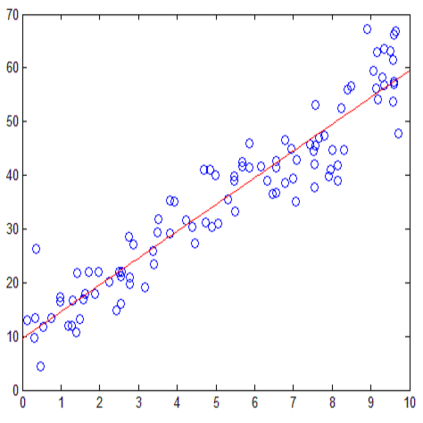This paper addresses the problem of data-driven computation of controllers that are correct by design for safety-critical systems and can provably satisfy (complex) functional requirements. With focus on continuous-state uncertain systems, we propose a two-stage approach that decomposes the problem into a learning stage and a robust formal controller synthesis stage. The first stage utilizes available Bayesian regression results to compute robust credible sets for the true parameters of the system. For the second stage, we introduce methods for systems subject to both stochastic and parametric uncertainties. We provide for the first time simulation relations for enabling correct-by-design control refinement that are founded on coupling uncertainties of stochastic systems via sub-probability measures. The presented relations are essential for constructing abstract models that are related to not only one model but to a set of parameterized models. The results are demonstrated on a linear model and the nonlinear model of the Van der Pol Oscillator.
翻译:本文解决了在安全关键系统中计算正确设计的控制器的问题,并能够证明满足(复杂的)功能要求。重点关注连续状态的不确定系统,提出了一个分为学习阶段和鲁棒形式控制器合成阶段的两阶段方法。第一阶段利用现有的贝叶斯回归结果计算真实系统参数的鲁棒可信集。对于第二阶段,我们引入了适用于同时受到随机和参数不确定性影响的系统的方法。我们首次提出了仿真关系,用于通过子概率度量将随机系统的不确定性耦合起来,从而启用正确设计的控制器优化。所提出的关系对于构建抽象模型至关重要,因为这些模型不仅与一个模型相关,而且与一组参数化模型相关。我们在线性模型和Van der Pol振荡器的非线性模型上证明了结果。


